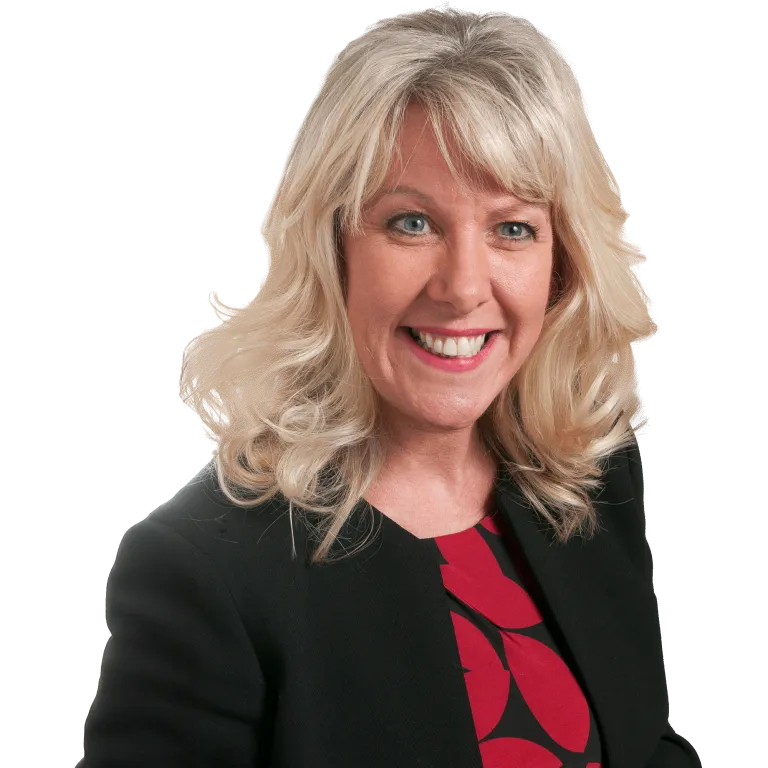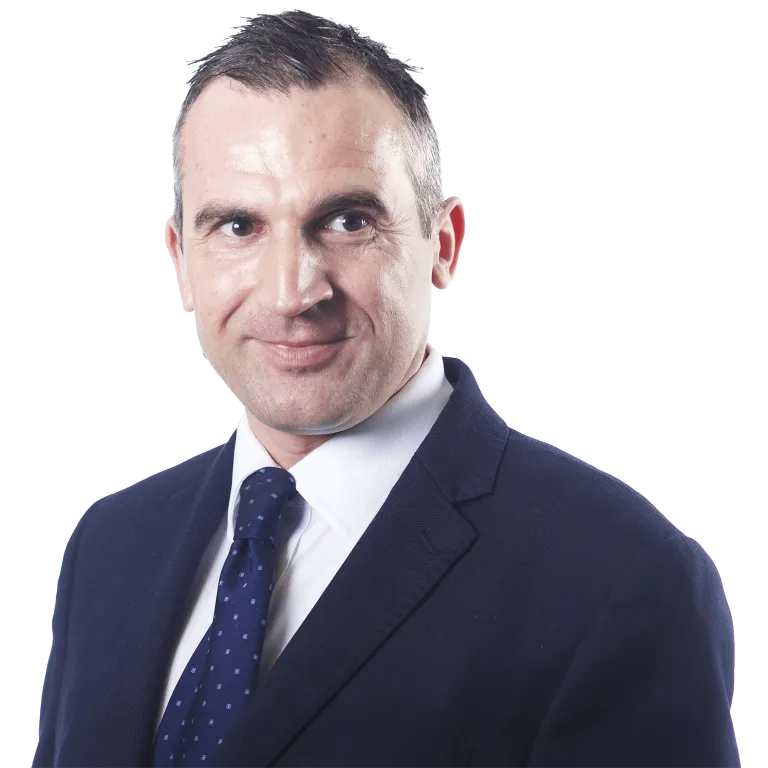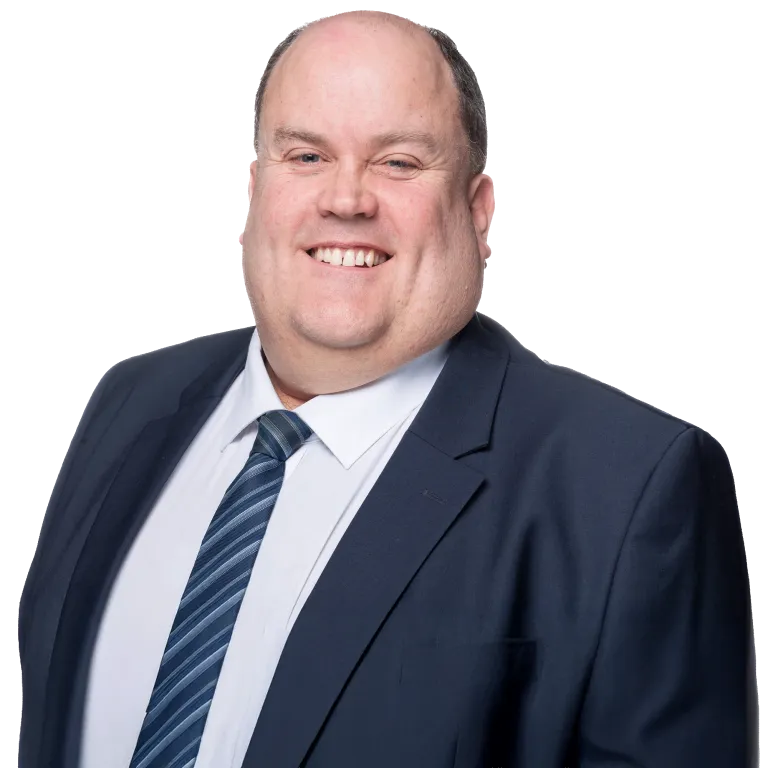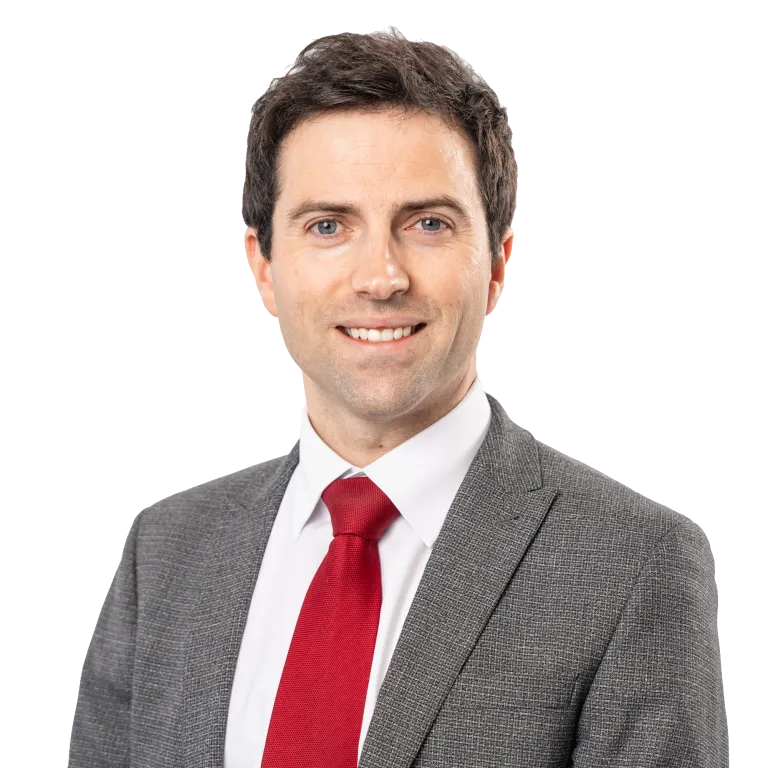Many families are concerned about the cost of future care, how payment levels are assessed and how they can protect the assets they have worked so hard to acquire. Placing assets in aTrust can protect these assets, as assets placed in trust are no longer owned by the individual but instead belong to the trustees.
If you are concerned about potential future care home costs for yourself or a family member, you should seek specialist advice for your individual circumstances at an early stage.
Frequently asked questions
The following are some of questions we are asked about trusts and care homes, particularly when planning for future care costs.
How can a trust help plan for care home costs?
When a person enters care they are asked to complete an assessment form to decide if they will pay for their own care.
If assets have been given away prior to entering care, the local authority can look back at gifts that have been made but they can only recover the asset if the person who gave it away goes into care within six months of making the gift.
If more than six months has passed since assets were given away, the local authority can add the value of the asset back into their assessment on paper. This is known as notional capital. The local authority has a duty to provide care so even though a person has notional capital the local authority must still provide care for them.
By placing assets in trust, assets can be protected from care home fees. At present there is no upper limit on the amount you can pay for care costs. However, as legislation can change and everyone’s circumstances are different, we recommend that everyone seeks advice before giving away any assets.
Who is a trust arrangement suitable for?
If you are concerned about paying care home fees in the future and you own your own property, have substantial investments or cash then you may wish to take advice about whether a trust arrangement would be suitable for you and your family.
Everyone’s situation is unique, which is why we recommend that everyone seek specialist advice.
Can I gift my house to avoid it being included in the care financial assessment?
Making an outright gift carries a lot of risks for the person making the gift. Once an asset is given away it cannot be given back and if the new owner became bankrupt or got divorced the original owner could find themselves in a very vulnerable position.
Local authorities also have discretion to look back at gifts that have been made and they can look back indefinitely under the deprivation of capital rules. However, they can only recover an asset that has been gifted if the person who made the gift went in to care within six months of the gift being made.
See our Tax on Gifts page for more on the tax implications of gifting.
Who administers the trust?
If the only asset contained within the trust is a house then there will be very little ongoing administration. No tax returns would be needed.
If the trust contained investments then a tax return would usually be necessary and the trustees would need to meet regularly to consider how best to manage the investments. They would usually seek advice from a suitably qualified investment advisor.
How much can I put in a trust?
You can put as much as you like into a trust but if assets over £325,000 (the current exempt amount for Inheritance Tax) are placed in trust then there may be Inheritance Tax issues.
Assets that can be put into trust include houses, investments or cash.
Who can be a trustee for a trust?
We recommend that at least two or three trustees are appointed. The person who creates the trust will often be a trustee along with other family members.
Trustees have duties and responsibilities towards the beneficiaries of the trust and they must manage the trust assets properly. However, they would usually take specialist advice to assist them with this.
How can Thorntons help?
Our Trust Solicitors have many years of experience both in the creation and administration of all types of trust. We can offer specialist advice tailored to your own circumstances, ensuring that the process of setting up your trust is straightforward. Where houses are being placed into a trust we work closely with our in-house expert Property Team to provide you with a complete service.
Once the trust has been set up we can deal with tax returns if these are required and any changes to trustees which might be needed over the years.
Our team are also experienced in winding up trusts and distributing the trust assets to the ultimate beneficiaries. We can assist with inheritance tax returns where these are required.
Call the Thorntons Private Client team on 03330 430 150 to find out more about trusts in relation to care home costs. Or complete our enquiry form and we will contact you.
Our Services
We offer a full range of Private Client services, available through our network of offices








































































